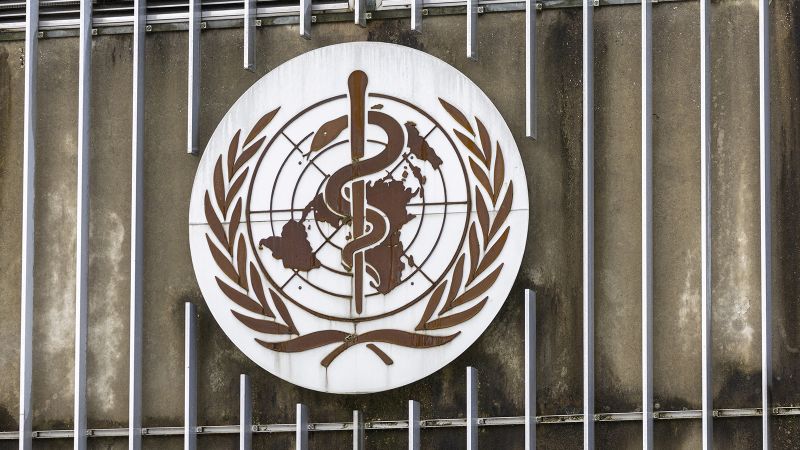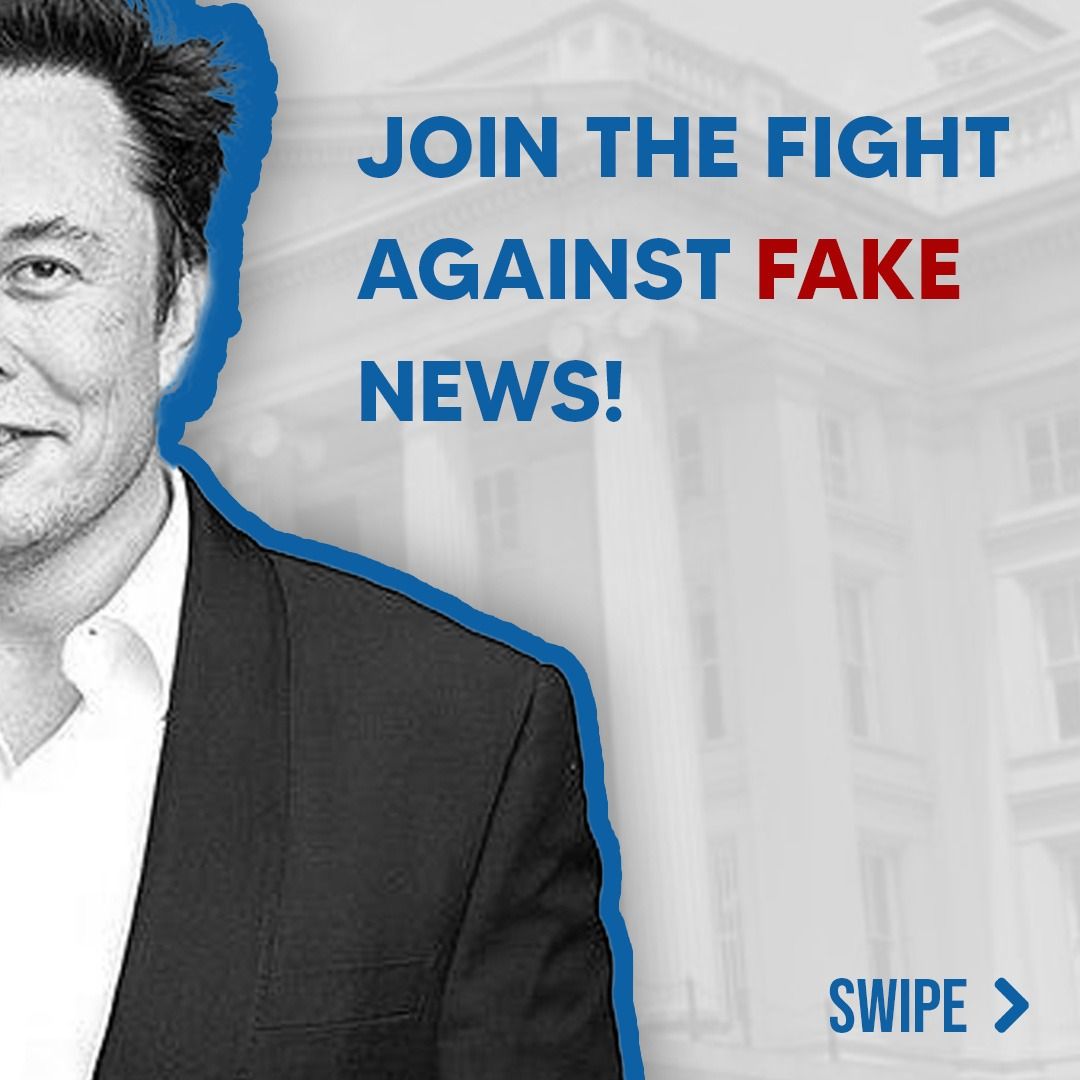
Fact Check Analysis: Trump Announces US Withdrawal from World Health Organization
The recent CNN article titled “Trump announces US withdrawal from World Health Organization”, written by Betsy Klein, highlights President Trump’s controversial decision to sign an executive order withdrawing the United States from the World Health Organization (WHO). A DBUNK subscriber submitted a fact-check request, and we’ve analyzed the article’s content to ensure it is accurate, balanced, and free of bias or misrepresentation.
Misinformation Detected and Context Clarified
Upon review, we identified several areas where the article either lacked adequate context or included potentially misleading claims. Here is a breakdown of our findings:
Lacking Historical Context on US-WHO Relationship
The article references the US’s history with the WHO, particularly Trump’s 2020 attempt to withdraw and Biden’s subsequent reversal. While accurate, the report fails to provide essential context regarding the legal and financial nuances of the WHO withdrawal process. For instance, it does not clarify that, per existing Congressional obligations, any US withdrawal from the WHO requires a one-year notice and continued financial compliance during that period. Although the article mentions this requirement later, it is framed in a speculative tone, with Dr. Jha asking rhetorical questions such as, “Who’s going to enforce the obligation?” This leaves room for misinterpretation by readers, as the article doesn’t fully explore the enforceability of the legal obligations Trump may bypass.

Factual Ambiguity in Trump’s Accusations Against the WHO
The article states, “In 2020, Trump also consistently accused the organization of aiding China in allegedly covering up the origins of Covid-19 and allowing its spread.” The use of the phrase “consistently accused” suggests definitive evidence to back Trump’s claims against the WHO, but this has yet to be substantiated by credible investigations. Multiple independent probes into the WHO’s handling of the pandemic revealed shortcomings in communication and transparency. However, allegations claiming the organization actively aided China in “covering up” were never definitively proven. This is a key example of an incomplete representation of critical information.

Overstated Predictions About China’s Role
The article repeatedly highlights statements made by Dr. Ashish Jha and Lawrence Gostin regarding China potentially “filling a political vacuum” and gaining “more political influence around the world” due to the US’s withdrawal from the WHO. While these are plausible predictions, the article fails to include other expert viewpoints that suggest less dramatic consequences. For example, international health governance experts have stated that the WHO is likely to adapt by increasing dependency on EU nations, the UK, and Canada instead of solely relying on China. By framing the potential outcomes through predominantly one lens, the article lacks balance. Balanced reporting would include perspectives that counter or complement the claims of Trump’s critics.
Key Questions Readers May Have
What are the legal mechanisms for a US withdrawal from the WHO?
According to US legal statutes, the president cannot unilaterally bypass Congressional funding obligations tied to international organizations. Trump’s executive order may be challenged in court, as referenced in Gostin’s quote about the legal and factual errors of the action.
Will America’s absence benefit China’s influence globally?
While the article strongly suggests that China will dominate global health leadership, it does not acknowledge counterbalancing factors, such as partnerships between the WHO and US-aligned nations. This omission misleads readers and overstates China’s immediate influence.
How might this impact global public health?
Experts agree that WHO funding cuts could severely impair its ability to tackle pressing health challenges, from pandemics to immunization campaigns. However, some believe alternative funding mechanisms — like through NGOs or bilateral aid — could mitigate these impacts.

Conclusion
The CNN article on Trump’s withdrawal from the WHO attempts to cover a complex topic but omits nuanced perspectives and overstates key claims about potential global consequences. This creates an incomplete narrative that leaves readers with more questions than answers. While the decision to withdraw is controversial, the legal and long-term implications remain uncertain and should’ve been explored more thoroughly.
DBUNK encourages readers to look for balanced reporting and make use of fact-checking tools like ours to navigate sensational or partial narratives circulating in the media. If you encounter articles needing attention, download our app to submit a request—fact-checking transparency is free for anyone committed to the truth.

Our latest DBUNK app is launching soon. Stay informed and stay empowered.

